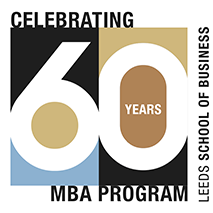The Importance of the Raw Idea in Innovation: Testing the Sow's Ear Hypothesis
Abstract:
This paper explores how important the quality of the raw idea is in determining success in innovation. On the one hand, one could argue that without a good idea, the chance of success is very small: “you can’t make a silk purse out of a sow’s ear.” On the other hand, one could argue that with the right resources and approach, an innovator can create value out of just about anything: the Midas hypothesis. We provide a conceptual framework for thinking about this question generally and then test it empirically in one significant domain — household consumer products. We develop a novel data set from Quirky, a community-driven product development company. Our data include descriptions of the raw ideas originally proposed, the ultimate product designs that resulted from those ideas, and sales data. We augment the data from Quirky with multiple measures of idea quality that we obtained. We find that ideas do matter. We find that the quality of the raw idea as estimated by commercially feasible techniques is a significant predictor of market outcomes. In spite of the issues from selection and the variance introduced by measurement error, we do see a statistically significant relationship. We also conclude that for the domain we study, surveys of consumers are a better way to determine what a “good” idea is than ratings by even highly experienced experts. This is the first study we know of to demonstrate a significant link between idea quality and outcome using actual raw ideas and market outcomes.







